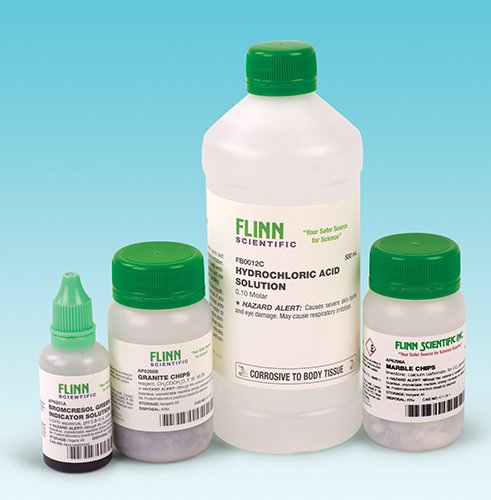Pout the acid into the baking soda solution instead of vice versa.
Will marble neutralize muriatic acid.
Marble is a soft stone made of metamorphic rock containing calcium carbonate.
Put three of four cups of lime in the bottom and a gallon of water.
The reason acidic cleaners damage natural stone is because stone contains some concentration of calcite which reacts to even weak acids by dissolving.
Mix the baking soda with water first before adding acid into it.
Stir or agitate the content in the container.
Neutralize used aliquots and empty muriatic acid containers using a solution of 90 percent water and 10 percent baking soda.
You can also use lime to neutralize leftover muriatic acid.
For containers add the mix until it is approximately 25 percent filled.
Marble and limestone have a high amount of calcite and are most susceptible to etching but granite is not impervious.
You can neutralize muriatic acid using baking soda at a ratio of 1 50.
Used for tiles walls and countertops grime will quickly cover your stone item and require a thorough cleaning.
Neutralizing alkalinity in masonry.
Muriatic acid is type of hydrochloric acid chemical name hci and is extremely caustic and corrosive.
Masonry alkalinity can discolor or burn off paint finishes.
It can easily burn through some metals plastics and your skin.
Give it a stir with a long disposable wooden stirrer an old 1x2 is fine.
On the other hand granite made from igneous rock is a very hard stone.
Washing brick concrete or stone with muriatic acid can neutralize alkalinity allowing paint.
This compound has numerous industrial and domestic uses ranging from food metals and polymer processing to swimming pool water disinfection.
Muriatic acid can cause irreversible damage to your skin lungs and eyes and even the smallest contact can result in permanent scarring respiratory problems and blindness.
Get a large bucket.
For a container with a lid this is best realized by tightly securing the lid and then shaking the solution.
I prefer 5 gallon size dangerous since the chance of dangerous spattering is minimized in a large bucket.
Muriatic acid is a common name for hydrochloric acid a highly corrosive chemical substance.
This means it will react and potentially be damaged if any type of acidic cleaning solution is used to maintain it.
Even in dilute form muriatic acid can irritate the eyes and skin and cause respiratory problems.

